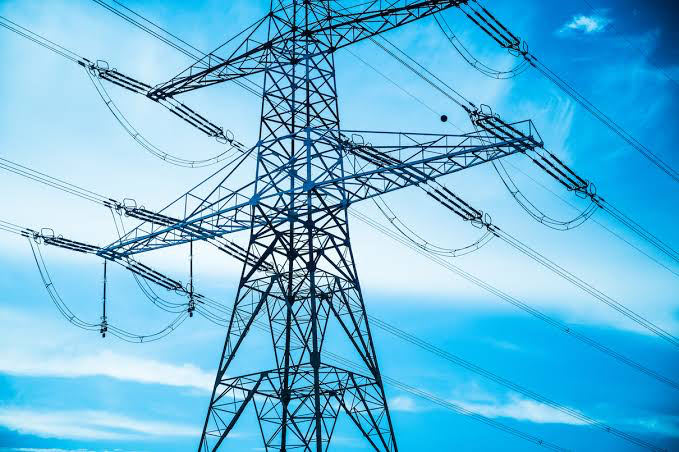Eskom, South Africa’s state-owned power utility, faces a monumental challenge: upgrading its transmission network to accommodate the increasing demand for electricity while transitioning to a more sustainable energy future. With the country heavily reliant on coal for power generation, Eskom is under pressure to modernize its infrastructure to incorporate renewable energy sources and reduce its carbon footprint. This imperative has led Eskom to consider alternative funding options, including private investment and foreign aid, to finance a massive R390-billion expansion of its transmission grid.
The need for this overhaul is urgent. Eskom supplies over 80% of South Africa’s electricity, making it a critical player in the country’s industrial landscape. However, chronic underinvestment and aging infrastructure have strained its ability to meet growing demand, leading to frequent power outages that disrupt economic activity and undermine public confidence. To address this challenge, Eskom plans to build 14,218 kilometers of power lines over the next decade, a significant increase compared to the past decade’s installation rate.
One of the key drivers behind Eskom’s push for grid expansion is the rapid growth of renewable energy sources in South Africa. As the cost of renewable technologies such as solar and wind continues to decline, they have become increasingly competitive with traditional fossil fuels. Consequently, the government has set ambitious targets for renewable energy deployment to diversify the country’s energy mix and reduce its reliance on coal. However, integrating renewable energy into the grid requires significant investment in transmission infrastructure to ensure reliable and efficient power delivery.
To fund this ambitious expansion, Eskom is exploring various financing options. One potential source of funding is the Just Energy Transition Partnership (JETP), through which foreign nations have pledged over $9 billion in climate financing to support South Africa’s transition away from coal. The funds from the JETP could provide a much-needed boost to Eskom’s capital expenditure budget, enabling the utility to accelerate its grid expansion plans and facilitate the integration of renewable energy into the grid.
However, the JETP faces significant challenges, including political opposition and lobbying from vested interests in the coal industry. Despite the potential benefits of transitioning to cleaner energy sources, there are concerns about the impact on jobs and local economies in coal-dependent regions. This has led to delays and uncertainty surrounding the implementation of the JETP, jeopardizing Eskom’s ability to access the pledged funds.
In addition to foreign aid, Eskom is also exploring private sector investment as a means of financing its grid expansion. The utility is in discussions with government ministries to explore the possibility of leveraging private capital to fund transmission projects. One proposal under consideration is the establishment of an independent transmission project office, which would facilitate private sector participation in the planning, procurement, and financing of grid infrastructure projects. By involving the private sector, Eskom hopes to expedite the implementation of its expansion plans and ensure the long-term sustainability of its transmission network.
However, accessing additional funding is contingent on Eskom obtaining approval from the National Treasury to take on new debt. As part of the latest bailout package provided to the utility, the government has allocated significant funds to Eskom to address its financial challenges. However, any new debt incurred by Eskom must be approved by the National Treasury, which will require careful consideration of the utility’s financial position and the potential impact on the country’s fiscal health.
Despite these challenges, Eskom remains committed to modernizing its transmission network and facilitating the transition to a more sustainable energy future. The utility recognizes the importance of expanding its grid infrastructure to accommodate renewable energy sources and meet the growing demand for electricity. By exploring alternative funding options, including private investment and foreign aid, Eskom aims to secure the necessary resources to fund its ambitious expansion plans and ensure the reliability and resilience of South Africa’s power supply for years to come.



